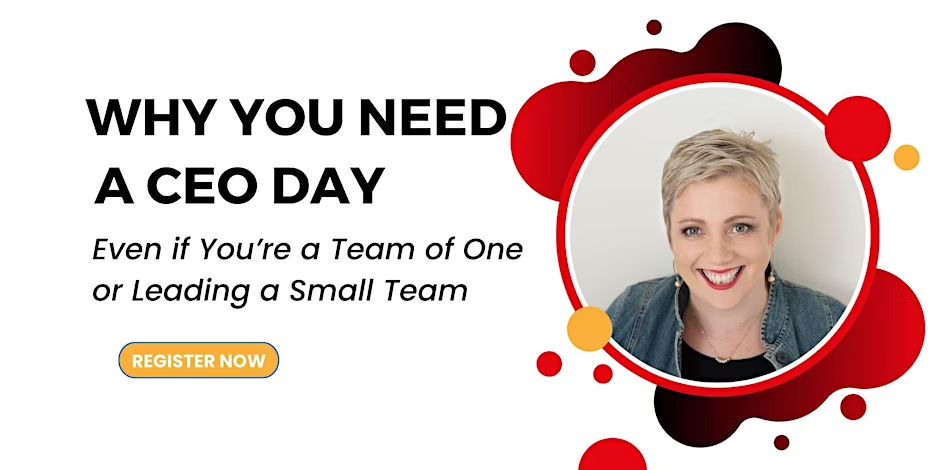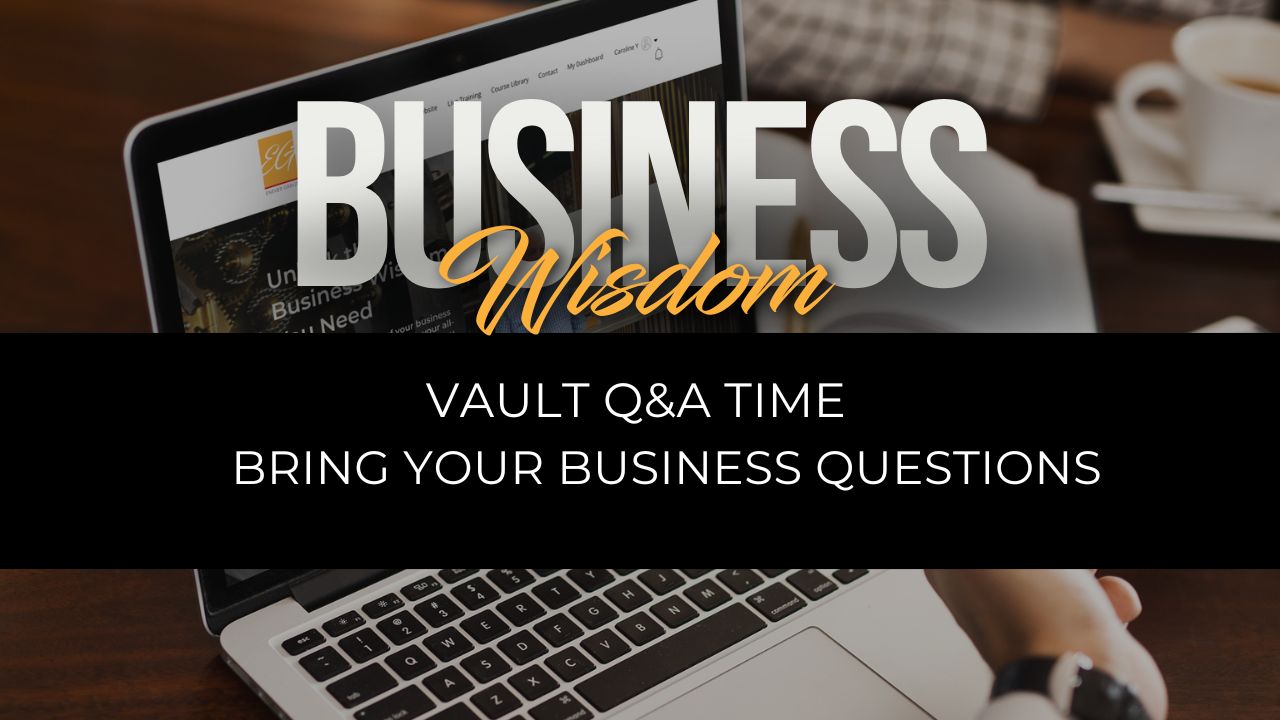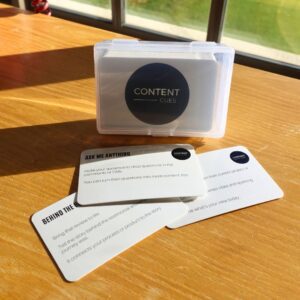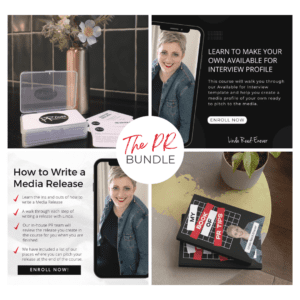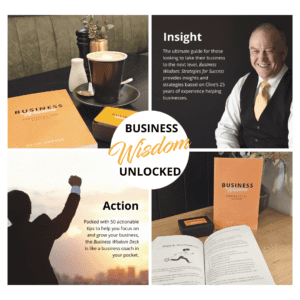When we talk about “personal branding” we are referring to establishing and promoting what you stand for. Your personal brand is the unique combination of skills and experiences that make you YOU.
Your Personal Brand Is:
- Your Name
- Your Image
- Your Online and Offline Presence
- What you stand for
- Your tone and presentation
When it comes to building a personal brand, some people dismiss the process as being too time consuming, or not that important. . According to a Nielson Consumer Survey, only 33 percent of buyers trust messages from a brand, while 90 percent trust messages from an individual they know.
That means that if you own a business, you have a much better chance of winning people’s trust if you bond with them first as a human being.
- People buy from people
- People are googling you and your business name
- We are in an era of education marketing
- You act attract business to your business by being the expert behind the brand.
Think of building your brand and personal branding as an ongoing process that can be broken down into the digestible phases. You don’t have to go from an inactive Facebook user to a top influencer.
This isn’t an overnight process, and the objectives and specifics look different for everyone. And we will be doing this over the challenge, so don’t worry. (Optimising your personal profiles last week was the start of this)
Lets: Define Yourself And Your Personal Brand
Creating your own personal brand online by identifying the unique elements that make you you. These are those same elements that make people work with you and what we want to show off about you in the challenge. In this exercise we will create your personal brand statement.
Let’s start with these questions:
- Who are you?
- What makes you unique?
- What is your vision for your personal brand?
- What is your goal with personal branding?
- What are your professional goals?
- Who is your audience? Who can you help?
- How can you help them? What makes you different?
- What’s your X Factor? What makes you reliable? Trustworthy?
- How do you prove that? What’s the evidence?
In addition to these kinds of questions, start thinking about your accomplishments and gather any supporting materials that can reinforce them.
What are your short and long-term goals for your personal branding strategy?
- Do you want to write a book
- Is it to appear in the Media
- Guest Speaking tours
- Podcast appearances
You’ve just finished thinking about your goals and what differentiates you from others. Now it’s time to hone in on showcasing your assets.
You can do this by:
- Writing out the accomplishments that make you proud
- Listing moments when others recognised you and your work publicly
- Thinking of times, other people acknowledged your work privately
Think holistically about what you are projecting and the impression that you want to leave with anyone who searches for you online.
Now you can come up with a succinct description of your personal brand and bio, as well as longer versions. You will use these variations of your biography and personal brand statement for your social media profiles.
This is how to make your own brand cohesive but still have unique content available on different platforms. This is appealing to users and search engines alike.
Here’s a great example of the start of a personal brand statement:
Value: I help fast growing startups in find flexible leases/office spaces that fit their culture and budget. I help them throughout their entire journey, from CoWorking to expansion. Nobody knows more about startups and how real estate fits into their strategies better
X Factor: I love NYC, am a die-hard Yankees fan, NYC Marathon veteran, and host quarterly dinners for new NYC Founders.
Seven tips to help you create your brand statement:
List your attributes: This may seem a little bit too simple, but when you are trying to find some quality or skill that only you and a few other people have it really helps a lot. The goal here is to find the one or two things that separate you from your competition and make you unique. If you look at any strong personal branding statement example you will find that this is a main focus.
Choose an audience: Creating a statement that is too broad and undirected at any particular group will most likely alienate many of your potential clients. Since the purpose of a personal brand statement is to briefly list your primary skills, it is necessary to target the industry where those skills are most useful.
Be honest: It is tempting to exaggerate your abilities, but this is not the place to do that. Don’t say you’re “the best” or a “leader in the field of…” unless you actually are. Keep in mind that the brand statement is only supposed to get people interested and not say everything about your professional career.
Make it memorable: Even though you want it to stand out, remember that using excessively large or technical words may alienate your audience. The statement of your brand should be something that others can remember easily since you need to be able to use it whenever a networking opportunity arises (in a cafe, elevator, social function, etc.). Try telling it to a friend or significant other one time and see if he or she can easily recall the entire sentence. If so, you’re off to a good start.
Make your self–impression = other’s impression: If you have trouble brainstorming personal skills, ask close friends or colleagues what they think your strengths are. Even after you’ve decided on a statement, it is a good idea to check with a friend to ensure that your idea of yourself matches what others think of you.
Market yourself: I cannot emphasise this fact enough, when looking for work, speaking gigs etc, you have to be willing to be your own advocate. A personal brand statement will not help you much if you are not telling people what it is. While some might think this feels too forward, the best examples of personal brand statements do this well.
More Marketing Tips Available in The Marketing Circle
Step by step, we will walk through the ins and outs of marketing, with tips, simple exercises and proven marketing strategies that you can roll out in your business.
We will explore all things marketing, from demystifying the marketing world to blogging, working with media, email marketing, social media, and more.
As a Marketing Circle Member, you will also be the first in the know about trends, tools and changes in the world of marketing as we discover them.


